Showing 1-15 of 31 results

Health Lab
Researchers uncovered nine elements that have significant effects on a whether a patient may develop pneumonia, with nearly 20% of patients moving into a higher risk category based on what occurred during or following the surgery.

Health Lab
A team of researchers have spent the past eight years looking at better ways to transport organs for donation, specifically hearts, to improve the number of organs that can be used for transplants. They found that using a modified normothermic perfusion system heart preservation was feasible for up to 24 hours.

Health Lab
New map of the ovary provides a deeper understanding of how oocytes interact with the surrounding cells during the normal maturation process, and how the function of the follicles may break down in aging or fertility related diseases.

Health Lab
A recent U-M study uncovers a pathway utilized during normal wound healing that has the potential to reverse idiopathic pulmonary fibrosis.

Health Lab
A Michigan Medicine ophthalmologist and retinal surgeon shares advice for viewing the total solar eclipse safely, including what to look for in eye protection.
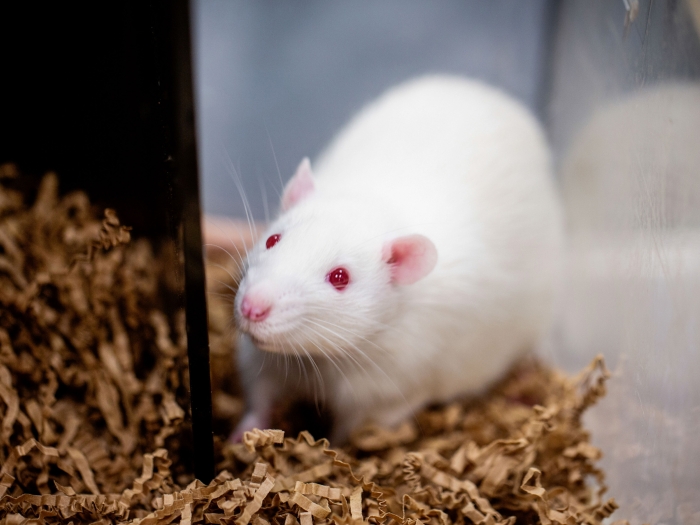
Health Lab
An updated rat reference provides more accuracy for research; could help researchers using rat models for the study of DNA, RNA, evolution, or genes linked to disease risks

Health Lab
Elective surgery study shows older adults have concerns about what it will cost them, how much work they’ll miss and whether they’ll catch COVID-19.
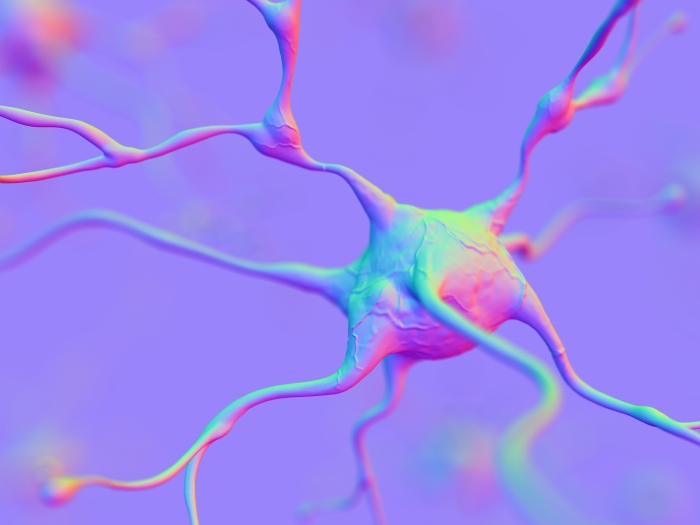
Health Lab
A new study links two autism-associated genes together for the first time, potentially revealing a mechanism behind brain changes seen in people with autism.
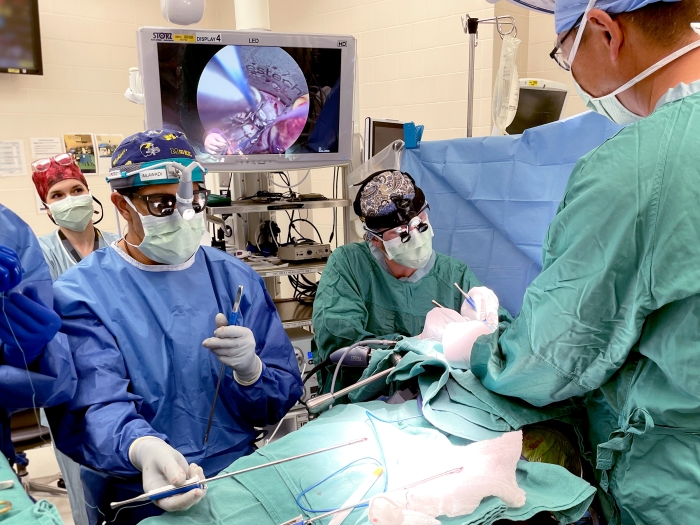
Health Lab
Michigan Medicine’s head of cardiac surgery, Gorav Ailawadi, M.D, M.B.A., answers questions about different treatment options for heart valve disease.

Health Lab
Older adults who live in disadvantaged communities are less likely to attend cardiac rehabilitation after common heart procedures, a Michigan Medicine-led study finds.
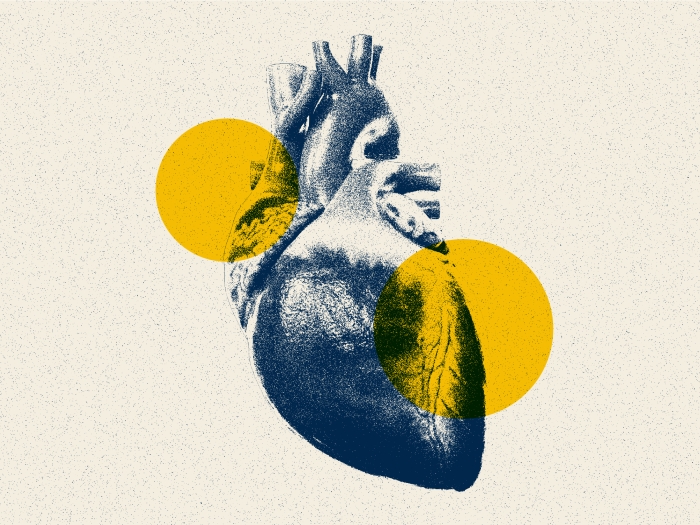
Health Lab
The vast majority of people who have a minimally invasive heart valve replacement procedure do not participate in recommended cardiac rehabilitation, a Michigan Medicine-led study finds.
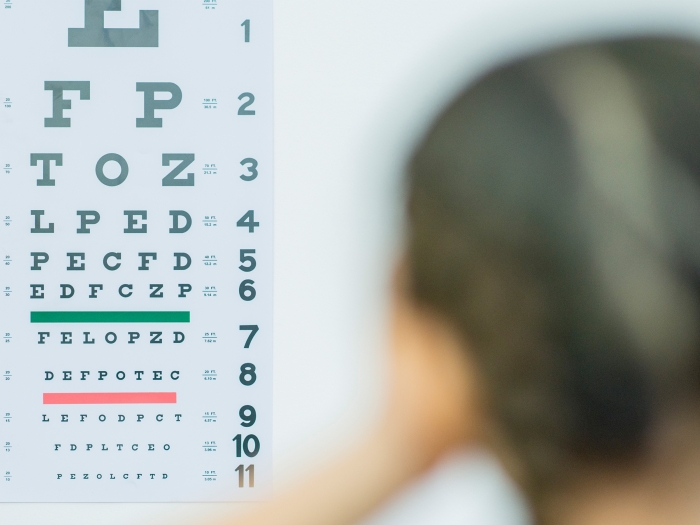
Health Lab
Few children are getting eyes checked at their pediatrician or other regular doctor’s office, and rates vary greatly by insurance status.
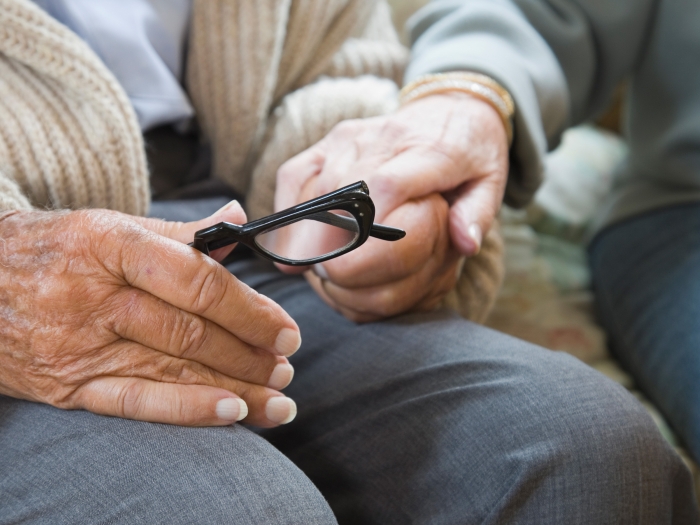
Health Lab
A link between vision issues in older adults and an increased likelihood of dementia.
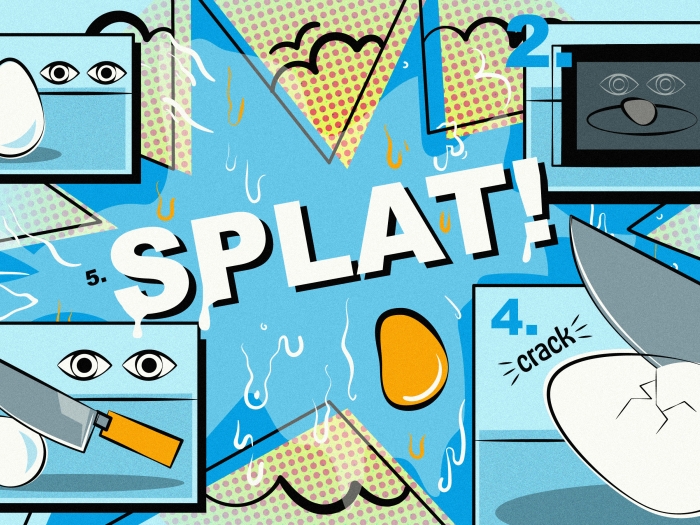
Health Lab
The social media trend involving microwaving hard boiled eggs, then slicing them to explode, can be dangerous to your eyes experts say.